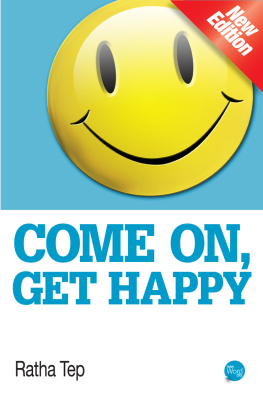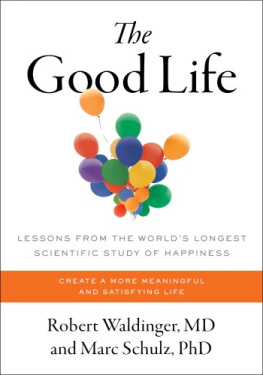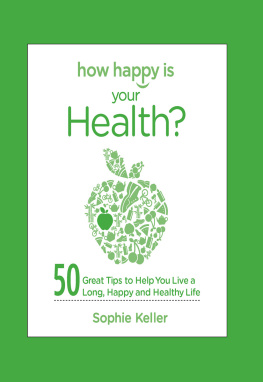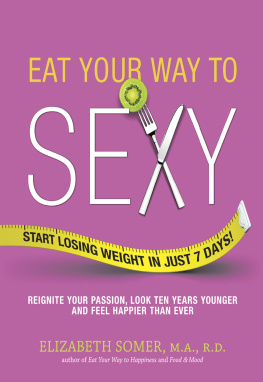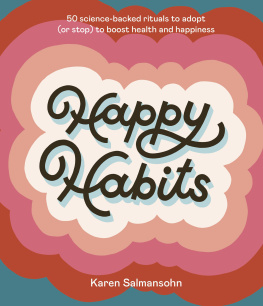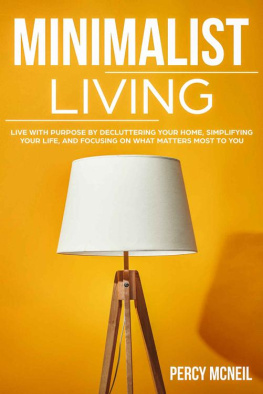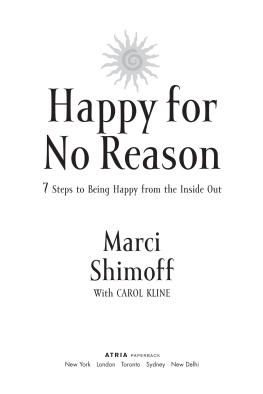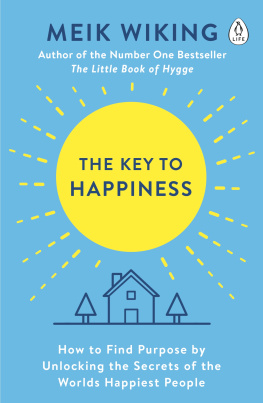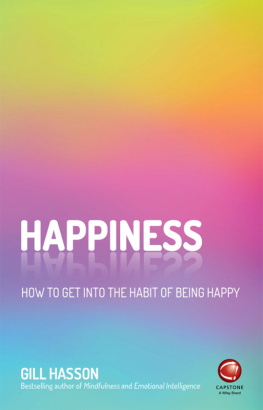Ratha Tep - Come On, Get Happy
Here you can read online Ratha Tep - Come On, Get Happy full text of the book (entire story) in english for free. Download pdf and epub, get meaning, cover and reviews about this ebook. year: 2011, publisher: New Word City, genre: Politics. Description of the work, (preface) as well as reviews are available. Best literature library LitArk.com created for fans of good reading and offers a wide selection of genres:
Romance novel
Science fiction
Adventure
Detective
Science
History
Home and family
Prose
Art
Politics
Computer
Non-fiction
Religion
Business
Children
Humor
Choose a favorite category and find really read worthwhile books. Enjoy immersion in the world of imagination, feel the emotions of the characters or learn something new for yourself, make an fascinating discovery.
Come On, Get Happy: summary, description and annotation
We offer to read an annotation, description, summary or preface (depends on what the author of the book "Come On, Get Happy" wrote himself). If you haven't found the necessary information about the book — write in the comments, we will try to find it.
What if there were one thing that affected whether our marriage will stay the course, how long well live, even our chances of catching the flu? There is, and it lies in that euphoric emotion we all crave: happiness. Heres a look into the most fascinating scientific studies that show what matters - and what doesnt - when it comes to crafting our happiest, most fulfilling lives, with research-backed tips on how to boost your mood right now.
Come On, Get Happy — read online for free the complete book (whole text) full work
Below is the text of the book, divided by pages. System saving the place of the last page read, allows you to conveniently read the book "Come On, Get Happy" online for free, without having to search again every time where you left off. Put a bookmark, and you can go to the page where you finished reading at any time.
Font size:
Interval:
Bookmark:
Mankato lies about a two-hour drive south along U.S. Highway 169 from Minneapolis, past low-lying strip malls and fields of soybean and corn. In the citys northwestern corner sits the red brick Good Counsel Hill convent, where, at the turn of the millennium, nearly 200 Catholic nuns of the School Sisters of Notre Dame resided. Their lives, along with those of other members of the congregation, all bore remarkably similar trajectories. The sisters never had children. None smoked or drank alcohol, and they had access to the same high-quality medical care. Most attended college, and some went on to obtain a masters degree, before spending decades teaching in towns and cities across the country. Yet despite leading seemingly parallel lives, the sisters life spans varied substantially. Others died in their fifties or sixties.
How could a remarkably homogeneous group of women have such differing life spans? Is there any single indicator that might have predicted the number of years each had ahead? The answer lies in the seemingly simple, yet enormously powerful notion of happiness.
David Snowdon, an epidemiologist at the University of Minnesota, knew he was onto something when he discovered two olive-green metal filing cabinets full of the sisters records in an office that belonged to the Mankato convents archivist. He found high-school transcripts, photographs, and short autobiographical essays written by each sister on her entry in the order, between the ages of 18 and 32. They revealed important details about the sisters lives: where they were born, who their parents were, and why each chose to become a nun. What intrigued Snowdon and his colleagues was not what each sister related, but the way each shared it. How positive the sisters were when they were young turned out to be a pretty accurate predictor of their longevity. The most positive nuns lived a full decade longer than the least positive ones, and more than half of the most cheerful nuns reached age 94 while only 11 percent of the least upbeat ones survived to that age.
Beyond longevity, happiness affects an astonishing number of other aspects of our lives. Happy people are more likely to have successful marriages, have better health, and earn more money. Happiness also begets happiness. Being happy makes your spouse, children, and best friend more likely to be happy.
Fortunately, we live in the best possible time to figure out how to live our happiest, most fulfilling lives. There are research teams analyzing our national mood based on song lyrics, State of the Union addresses, Tweets and Facebook status updates, and theres even an iPhone app that generates personalized happiness reports. There are happiness boot camps and happiness conferences, a peer-reviewed happiness journal and an online happiness database. Even governments are curious. Britain is planning on monitoring GWB (General Well-Being); France and Canada are debating similar initiatives, and tiny Somerville, Massachusetts has beat them all to it. A new question on the Boston suburbs 2011 census? How happy do you feel right now?
All this attention on happiness means theres a continuous stream of advice on how to craft your happiest life, some more useful than others. Well look into the science behind happiness to determine what matters most to boosting mood - in the short term and, more importantly, in an enduring way. Well explore why happiness isnt an if, but or when clause: if only you found your soul mate, but you dont have a clean bill of health, when you finally get that raise. The pursuit of happiness, as the preamble in the Declaration of Independence tells us, is an inalienable right. But that doesnt mean the best route to happiness lies in pursuing it. Rather, an enormous amount of science shows that happiness is created. Lets examine how.
and What Doesnt
The belief, for a huge swathe of history from ancient Greece until Enlightenment thinkers radically altered the course of thinking, was that either happiness happened to you or it didnt, and there wasnt much to be done about it.
What researchers today have discovered is that happiness is neither a set course, left to fate or some other higher power, but within our means to control. One of the most important findings of positive psychology, a field developed in the late nineties that seeks to understand positive emotion, is whats called the Happiness Formula. Here it is:
H = S + C + V
Your level of happiness (H) is a function of your biological set point (S) plus two types of external factors, (C) the conditions of your life - which includes the ones you cant change (like your age and sex) as well as the ones you can change but that are relatively constant over a given period (like income and health) - and (V), the voluntary activities that you choose to undertake on a moment-to-moment basis (from exercise to how you think about past events).
Which of these components do you think are immutable? Trick question - none of them are.
Genes play an enormously important role when it comes to happiness; studies of identical twins show they can contribute to as much as 50 percent of the Happiness Formula. But theyre not necessarily doomed for a life of misery.
There are proven ways to change our affective style, or whether we tend to experience more positive or negative emotions, including Prozac and cognitive therapy. But theres an even simpler, and free, method: meditation.
The conditions of our lives within any given period of time affect about 10 percent of our enduring happiness. Thats because conditions - factors like how much we make and the state of our health - are the sorts of things we tend to take for granted over time. Yet, theyre the kind of contributing factors to happiness that make the headlines, precisely because some of them seem so counterintuitive. Lets take a look at the most intriguing factors.
No other factor has as complex a connection with happiness than wealth. A 2008 survey by the Pew Research Center found that 46 percent of those with annual family household incomes that exceeded $100,000 report being very happy compared with only 30 percent of those making less than $50,000.
Yet, increases in wealth dont necessarily boost happiness; once your basic needs are met, the relationship between the two becomes less profound. And unless youre Mexican telecom kingpin Carlos Slim, youll always find someone wealthier.
Still, while money may not directly bring about happiness once your basic needs are met, it has its benefits, provided you spend it on items and experiences that contribute to happiness. More money can help you buy a gym membership, visit your parents more often, enroll in French lessons, throw a surprise birthday party for a friend, or get a dog - all of which can boost happiness. But money can also help you buy a flat-screen and increase your hours of television watching, which more likely than not will decrease your happiness level.
To the disbelief of many, a 2004 study by psychologist Daniel Kahneman and his colleagues found that most parents experience about the same level of happiness spending time with their children as they do engaged in housework.
But having children is far from a requirement for leading a happy, fulfilling life. A 2008 study by sociologist Robin W. Simon that looked into data gathered from over 10,000 Americans found that no group of parents - not even empty-nesters - reported significantly greater happiness than those who never had children.
Happy people are generally healthier than those who are unhappy; theyre less inclined to get the flu and are more likely to quickly recover from surgery.
Font size:
Interval:
Bookmark:
Similar books «Come On, Get Happy»
Look at similar books to Come On, Get Happy. We have selected literature similar in name and meaning in the hope of providing readers with more options to find new, interesting, not yet read works.
Discussion, reviews of the book Come On, Get Happy and just readers' own opinions. Leave your comments, write what you think about the work, its meaning or the main characters. Specify what exactly you liked and what you didn't like, and why you think so.

